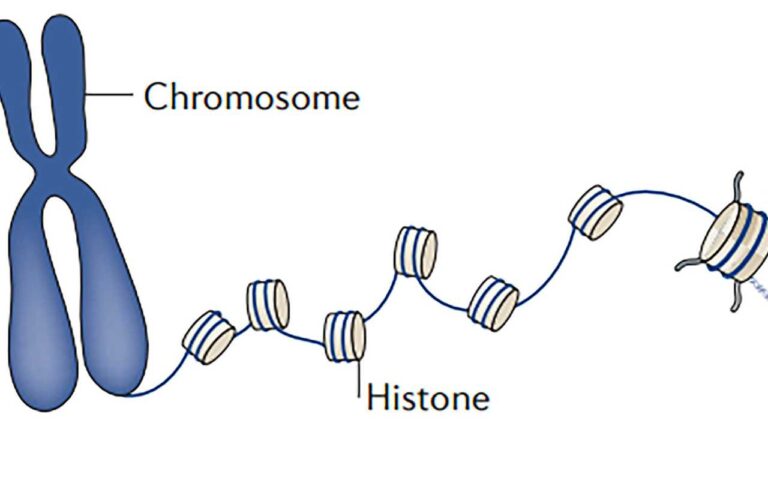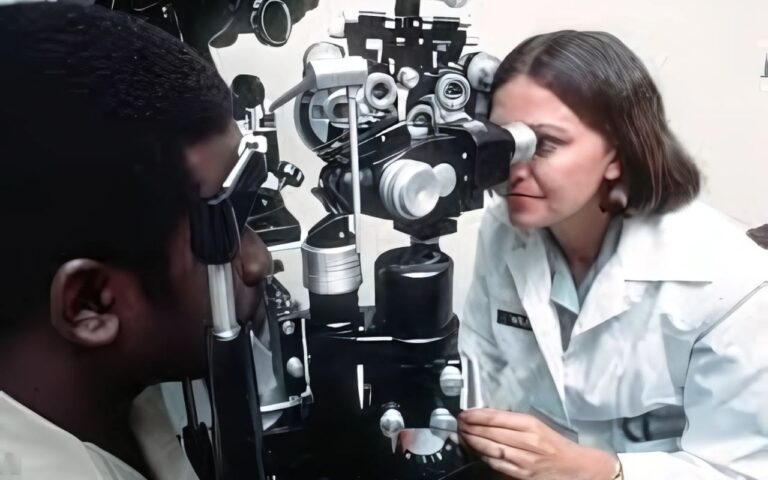Sibling DNA Test: How much it Cost
Sibling DNA Test: DNA testing has become an essential tool for understanding familial relationships and personal identity. Among the various types of DNA tests, sibling DNA testing plays a critical role in confirming whether two individuals share one or both biological parents. This test can help resolve questions regarding full or half-sibling relationships and, in some cases, confirm or disprove kinship. In this article, we will explore what a sibling DNA test is, how it works, the reasons people may choose to undergo one, and its implications.
What is a Sibling DNA Test?
A sibling DNA test is a genetic analysis that compares the DNA profiles of two or more individuals to determine the likelihood that they share the same biological parents. This type of test is especially useful when the parents are unavailable for testing, and individuals want to know whether they are full siblings, half-siblings, or not biologically related at all.
Sibling DNA tests can be categorized into two types: (sibling dna test)
- Full-Sibling DNA Test: This test checks if two individuals share both biological parents. If they do, they are full siblings, which means they inherit roughly 50% of their DNA from the same set of parents.
- Half-Sibling DNA Test: This test determines whether two individuals share only one biological parent, either the mother or the father. Half-siblings typically share about 25% of their DNA.
The test is commonly conducted by comparing autosomal DNA, which is inherited from both parents. By analyzing specific genetic markers, scientists can calculate the probability of a sibling relationship.
How Does a Sibling DNA Test Work?
The process of conducting a sibling DNA test involves several steps:
- Sample Collection: DNA samples are typically collected using a cheek swab, which is a non-invasive method of gathering cells from the inside of an individual’s mouth. In some cases, other samples, such as blood or hair follicles, can be used, though they are less common.
- Laboratory Analysis: The DNA samples are sent to a laboratory where the genetic material is extracted and analyzed. Scientists focus on comparing the autosomal DNA markers shared between individuals. Each person has two copies of each autosomal marker—one inherited from their mother and one from their father.
- Comparison of DNA Profiles: The DNA profiles of the individuals are compared across multiple genetic markers to evaluate how many are shared between them. For full siblings, roughly 50% of the DNA markers will be identical. Half-siblings will share about 25%. If the individuals are unrelated, they will share very few, if any, markers.
- Probability Calculation: The results are expressed as a probability, indicating how likely it is that the individuals are related in the way they claim. A high percentage suggests a biological relationship, while a lower percentage may indicate that they are not related as siblings.
Reasons for a Sibling DNA Test
There are various reasons why individuals might seek a sibling DNA test:
- Inheritance and Legal Issues: In situations involving inheritance or legal claims, a sibling DNA test can be crucial in determining the rightful heirs to an estate. If there is uncertainty about the biological relationship between potential heirs, this test can provide clarity.
- Immigration Cases: In immigration proceedings, sibling DNA testing may be required to prove familial relationships when documentation is insufficient or unavailable. This can help establish eligibility for family-based immigration petitions.
- Adoption and Reunion: For individuals who have been adopted or separated from their biological family members, a sibling DNA test can help reunite siblings and provide confirmation of their familial ties. This test can bring emotional closure and provide a sense of belonging.
- Personal Curiosity: In some cases, individuals may have personal reasons for wanting to confirm a sibling relationship. They may have been raised in different households, heard rumors about their parentage, or have doubts about their biological connections.
- Medical Reasons: Establishing a sibling relationship can also be important for medical reasons. Some inherited diseases and conditions are passed down from parents to their children, and knowing the exact familial relationship can provide crucial information for health screenings or organ donation compatibility.
Accuracy of Sibling DNA Tests
While sibling DNA tests are highly accurate, they are more complex than standard paternity or maternity tests. This complexity arises because full siblings do not share 100% of their DNA, and the amount of DNA shared between half-siblings is even lower. As a result, the test relies on statistical probabilities rather than definitive answers.
In cases where parents are unavailable for testing, a more accurate result can be obtained by including additional family members, such as other siblings or the mother. The inclusion of more relatives in the test provides a more comprehensive genetic comparison, increasing the reliability of the results.
Emma Gut Health: Boost Your Digestive Wellness
Legal and Ethical Considerations
Important legal and ethical considerations surround sibling DNA testing. In many cases, consent is required from all parties involved, especially when the test is being used in legal contexts like inheritance disputes or immigration cases. Unauthorized DNA testing can raise privacy concerns and may violate laws in some jurisdictions.
Additionally, the results of a sibling DNA test can have emotional and social consequences. Discovering that individuals are not biologically related as siblings, or learning that they share only one parent, can have a profound impact on family dynamics. It’s important for individuals undergoing this test to be emotionally prepared for all possible outcomes.
Cost of Sibling DNA Testing
The cost of a sibling DNA test varies depending on the laboratory and the complexity of the case. In general, the price ranges from $150 to $400 for a basic sibling DNA test. If additional family members need to be tested or if the test is being used in a legal setting, the cost may increase. Legal tests, which include chain-of-custody documentation for court purposes, tend to be more expensive than non-legal or “peace of mind” tests.








One Comment